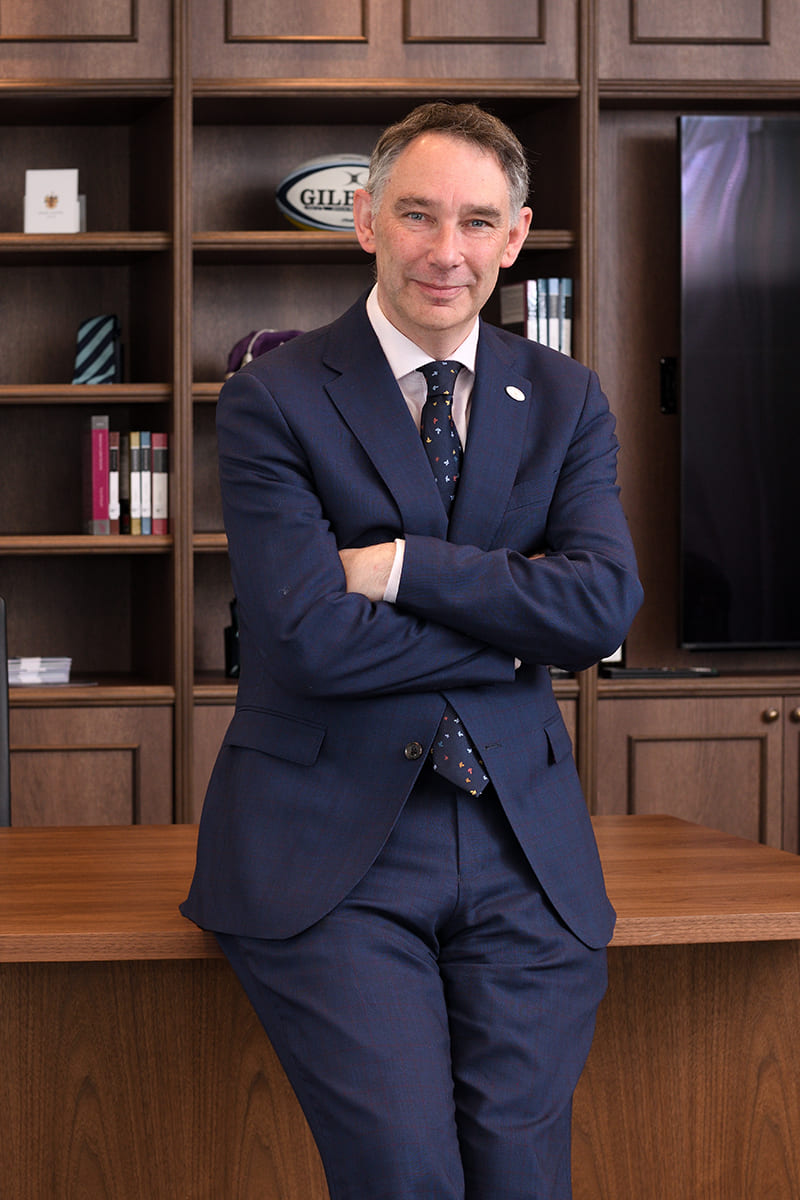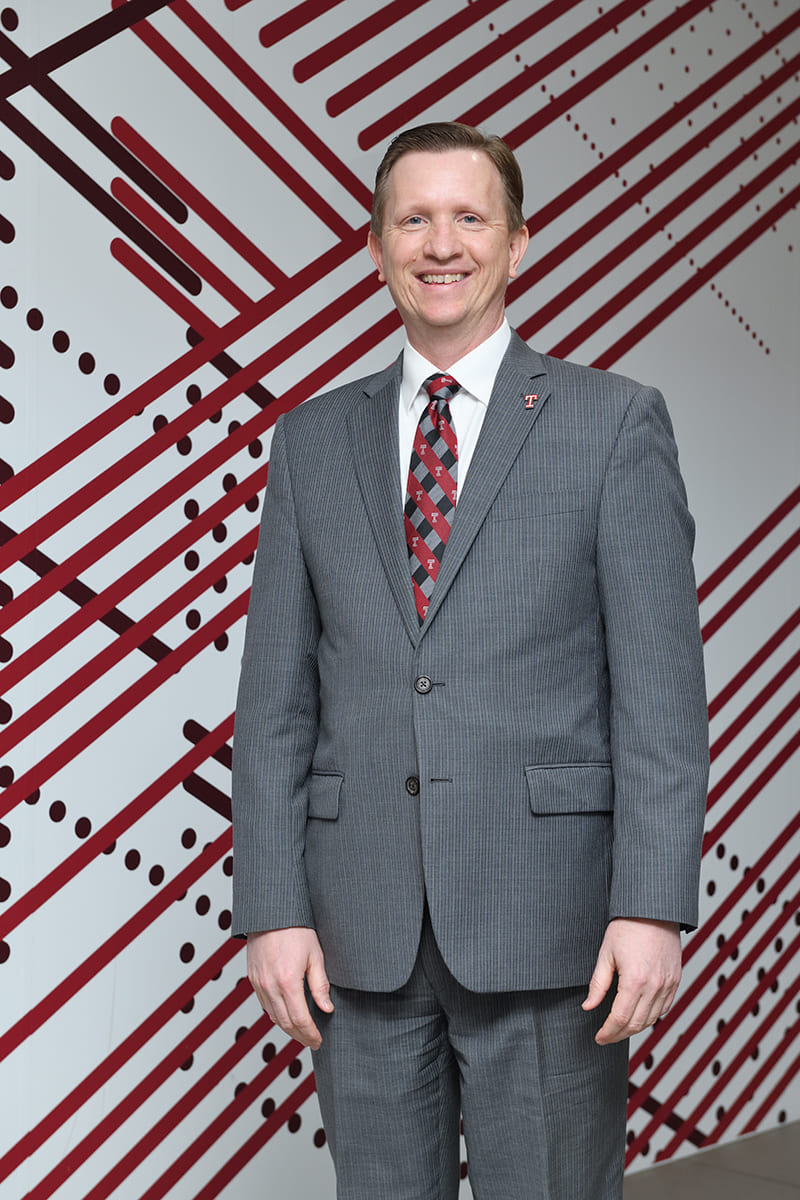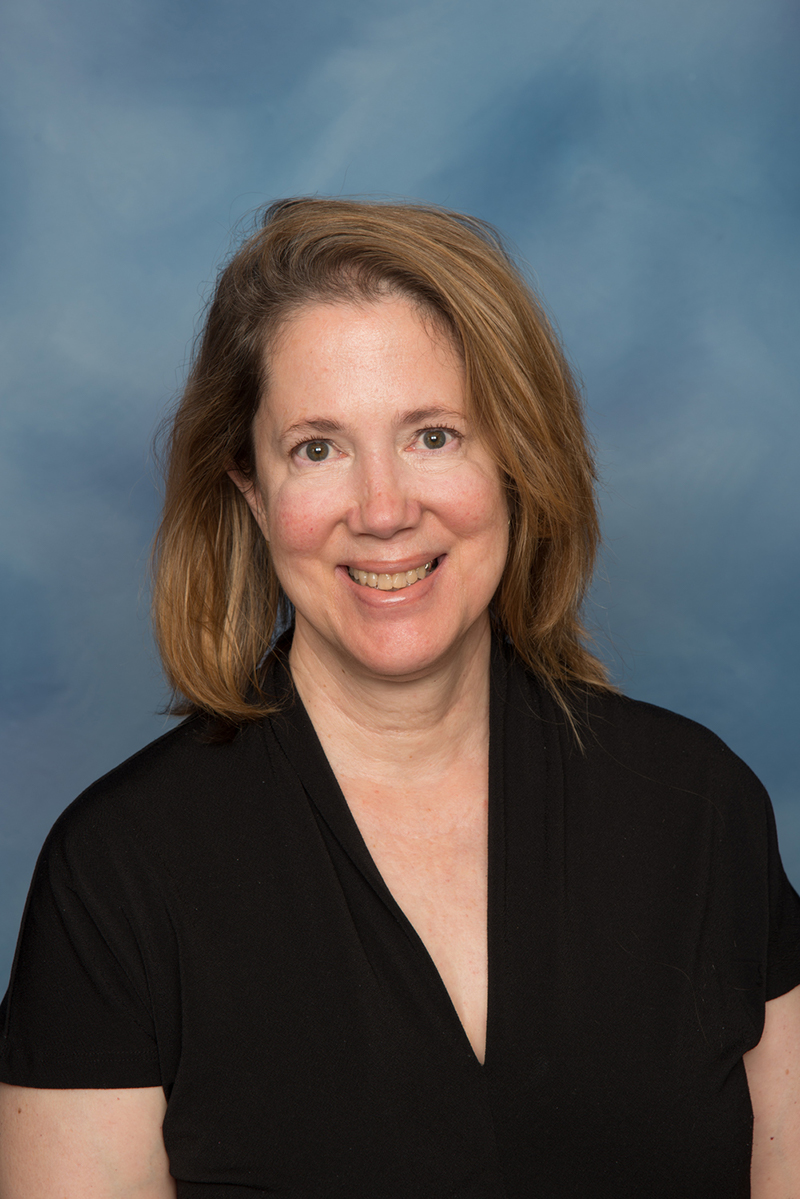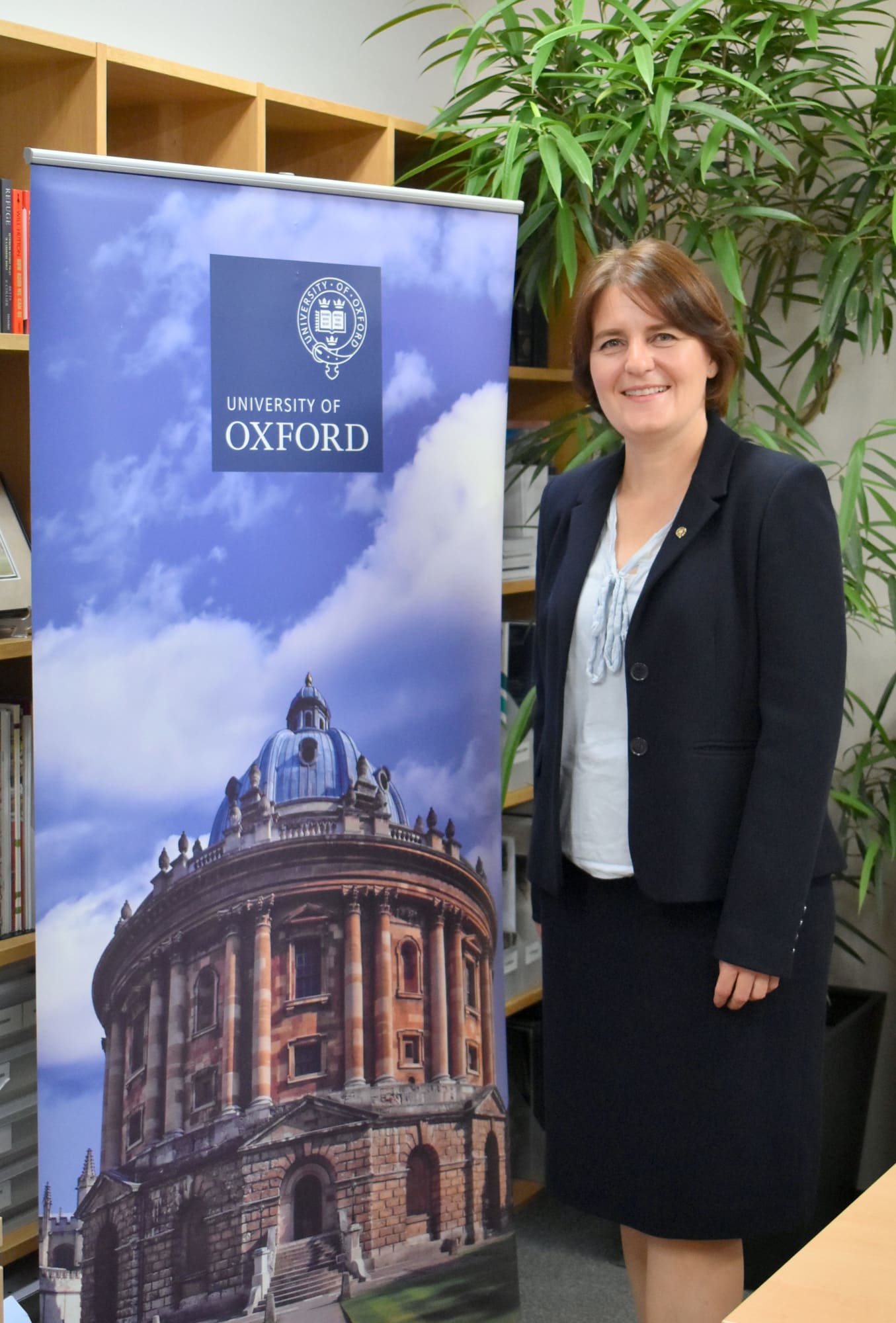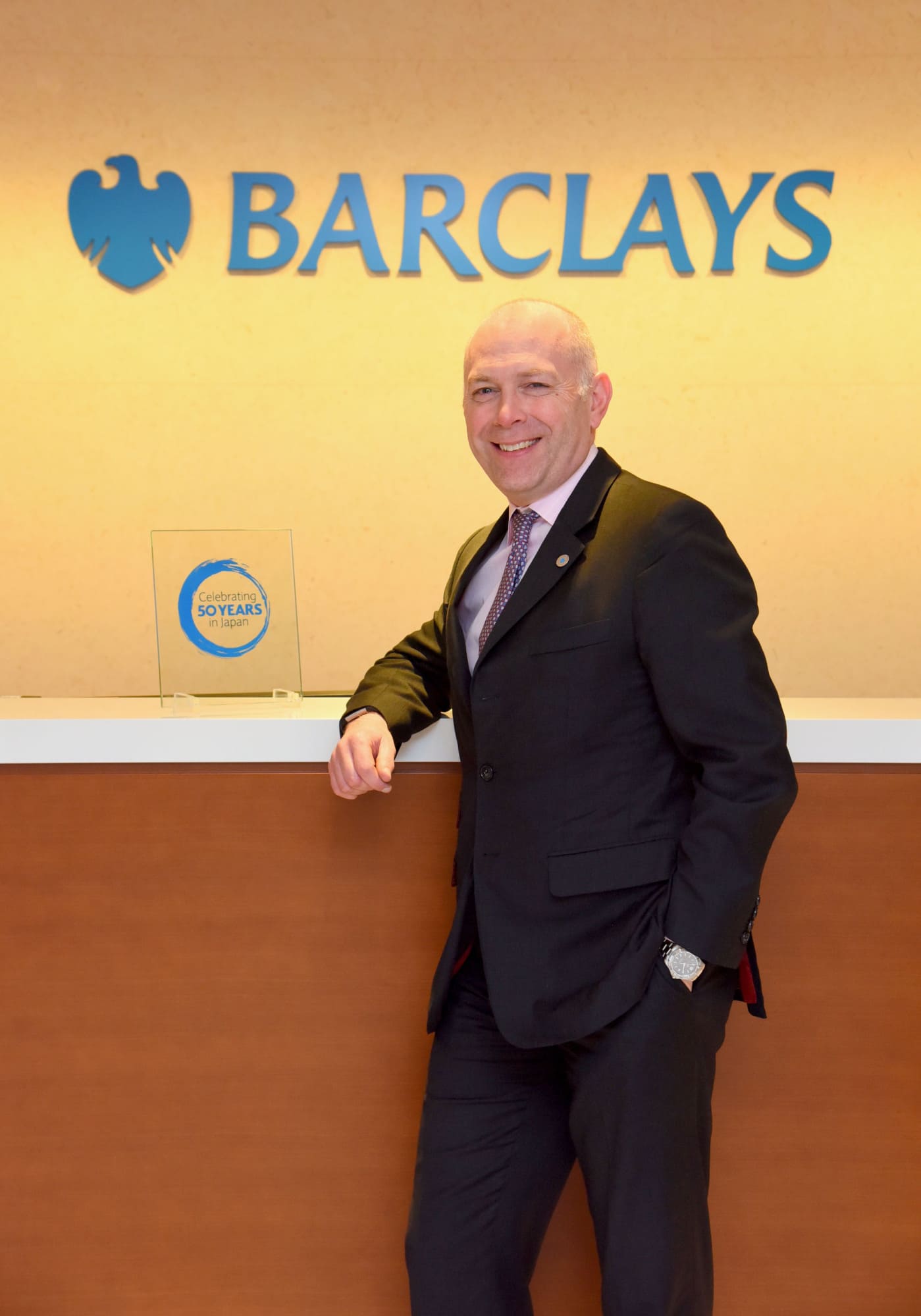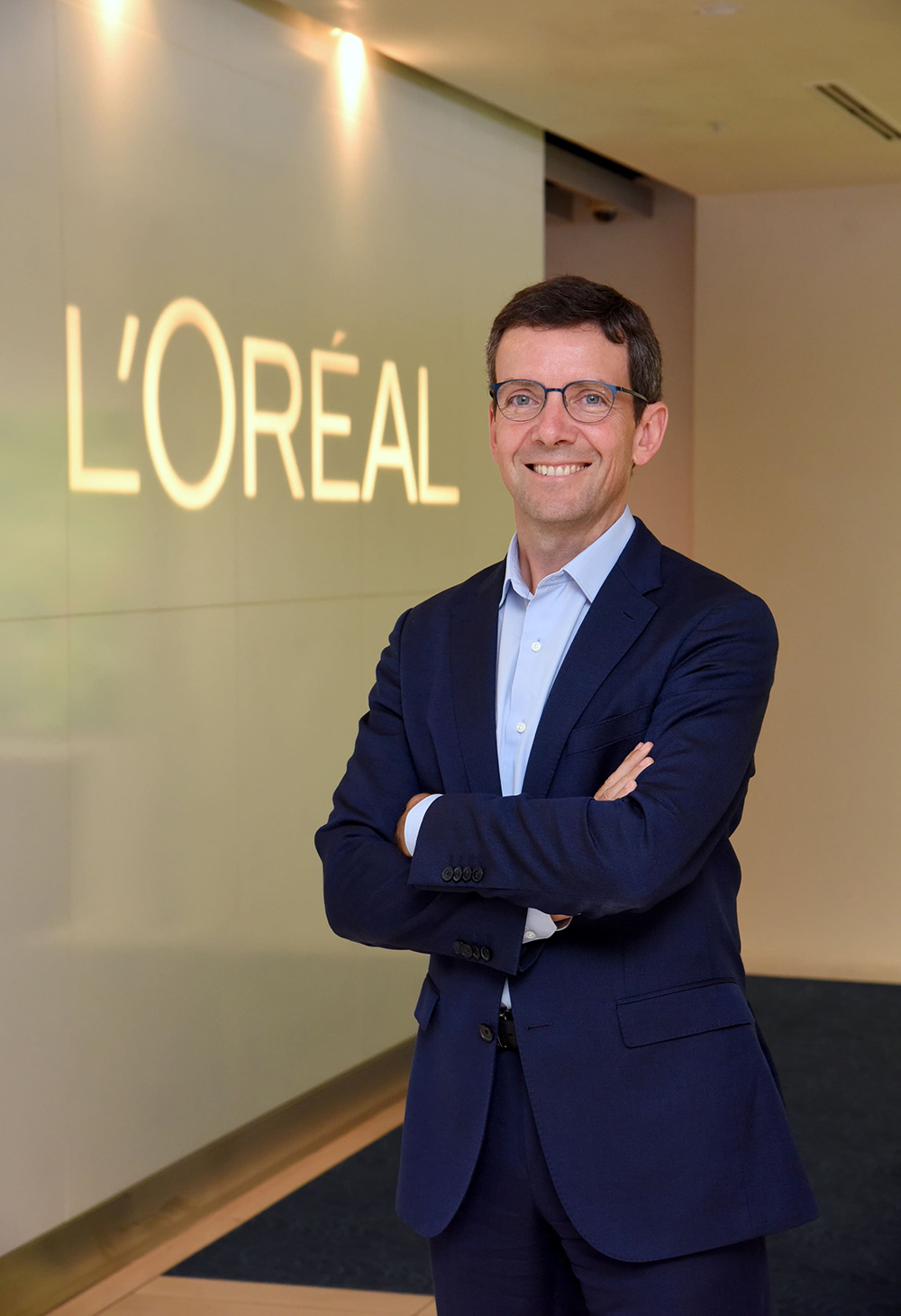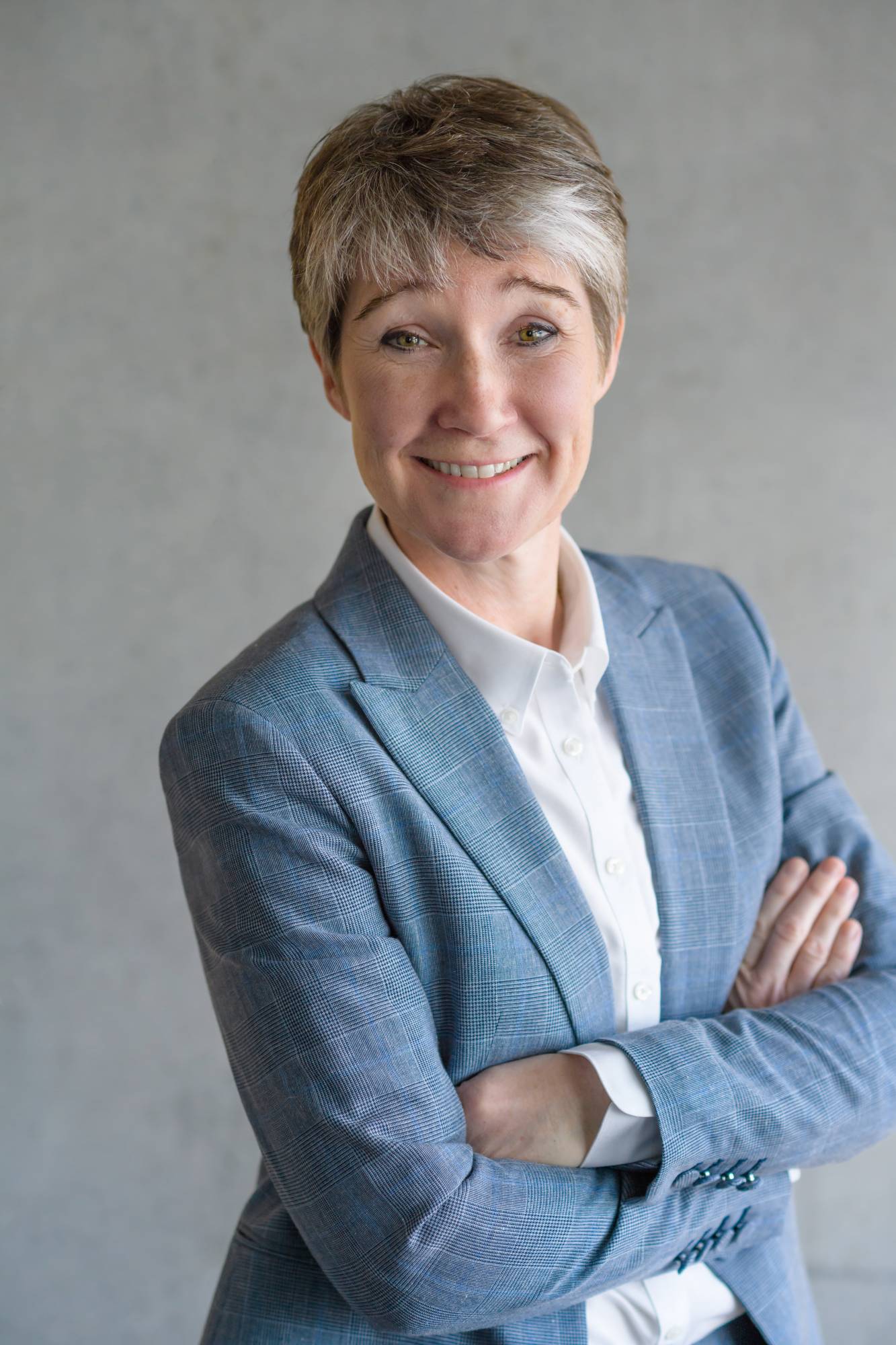
May 10, 2020
At home in the classroom, be it in London or Tokyo
Kirsten O'Connor on her dedication to education and leading FEW Japan
BY ARI SHARP
CONTRIBUTING WRITER
- Name: Kirsten O’Connor
- Title: Founder and Director, Quest Tokyo K.K.
- URL: https://questtokyo.com/
- Hometown: London
- Years in Japan: 18
A few years back, Kirsten O’Connor realized she had been in education since age three. Now in her 40s, she has gone from being a school student, university student, teacher and head teacher all without ever taking a gap year.
Although she loved her role at The British School in Tokyo (BST), the Londoner was looking for a new challenge. That challenge was establishing a business, Quest Tokyo K.K., to tutor students and guide families keen on an English-language education. “As a head teacher, I was inundated with parents wanting to talk about education in its wider sense — about their children individually, but also paths of education for different kinds of children and in different countries,” she said. “I didn’t see an educationalist residing in Tokyo giving that advice outside a school setting.”
Growing up in England, O’Connor always wanted to be a teacher. She studied in Kent, then took her first teaching job as a class teacher at a London primary school. “It was a real baptism of fire, behavior management-wise and teaching-wise, working with children from all different backgrounds and different languages,” she said. “I really learnt to teach there.”
After seven years, the travel bug bit, and O’Connor put her hand up for a role in Tokyo. She knew little about Japan, but in 2001 took up a position at BST overseeing grades one and two. “I really fell in love with Japan very quickly,” O’Connor said. “I just loved the systems, the organization, the energy, the efficiency — and of course the shinkansen. I also fell in love with the school.”
Rising to head teacher of primary and leading 650 students was one of several roles she held during her 17 years at BST. Having seen the education systems in Britain and Japan, she noted some similarities: high expectations for students, a commitment to team activities and struggles in teaching languages.
However, there are qualities each could learn from the other. The British system, she said, seeks to develop independent thinkers, while the Japanese system fosters a spirit of compliance to develop a harmonious society. “If we could combine the two — developing students who have a social responsibility for others while also being able to critically analyze information — you could really do something special,” she said.
Her desire to open education opportunities prompted her to establish Quest. When asked what characteristics made for a good entrepreneur, O’Connor listed relationships, communication skills, resilience and flexibility.
She also added being a community leader. With that in mind, since 2019 she has served as president of FEW (For Empowering Women) Japan. The group supports local and foreign women through mentoring, public events and networking.
“Whenever we have a FEW meeting, there is always an incredible energy,” she said. “Everybody comes in, we eat, we drink, we talk, we network and everybody leaves on an incredible high, every single time. People come in one way, and they leave another.”
O’Connor has helped diversify FEW’s membership, encouraging people from a range of ages, nationalities, industries and career stages to get involved. The paucity of women in senior positions in Japan suggests structural barriers. O’Connor noted that many Japanese families had traditional values about gender roles, and this was exacerbated by a lack of affordable childcare in Japan.
“Conventions of Japanese workplaces make it very difficult for families to run and women to participate in the workplace, because there’s not a lot of change happening within the family,” she said.
“Men are working all the hours they’ve got to work to participate in the workforce, but their responsibilities at home are not changing — they’re not able to contribute to parenting as much or the upkeep of the household. I think that makes it very difficult for things to shift.”
Among high-achieving women in Japan, O’Connor expressed admiration for Tokyo Gov. Yuriko Koike, who has won plaudits for her calm reassurance during COVID-19. “She epitomizes what we need, which is a strong woman who has a good economic understanding of what’s going on, but also has that human element,” O’Connor said.
Inevitably, the conversation — conducted via a video chat — turned to COVID-19. O’Connor said schools and students had adapted well to remote learning, but if school closures continued for months it would be difficult to sustain a quality education. She said some students risked becoming disengaged from the curriculum and would crave greater social connection.
She said many parents have found it difficult to teach their children in ordinary circumstances, and now is no different. She advised parents to offer emotional support and help children find a sense of community.
For Quest, the impact has been significant. All tutoring and consultations have shifted online, with teaching materials rapidly adapted where possible. However, O’Connor said she was keen to maintain a quality experience and was willing to pause teaching rather than offer something suboptimal.
Similarly, FEW has shifted online. Since March, its monthly gathering of members has moved online and the organization is making greater use of digital communications. The shift has come with a silver lining; moving online has enabled more women outside Tokyo to get involved.
Despite COVID-19, O’Connor continues to dream big for Quest. Soon, she aims to launch Talk Education Tokyo, a platform for education professionals to connect. She is also hoping to establish a hub for students with special needs to help this underserved group in Tokyo receive more support.
Childhood dream leads to global roles
Wanting to be a teacher since age seven, Kirsten O’Connor received a Bachelor of Arts in education from Kent’s Canterbury Christ Church University in 1994 and went on to teach at two elementary schools in London.
She moved to Japan in 2001 to join The British School in Tokyo. During her 17 years there she held the positions of head of Key Stage 1 (kindergarten and first grade), deputy head teacher of primary and head teacher of primary.
In 2018, she established Quest Tokyo K.K., an educational service and tutoring business that now has about a dozen tutors and administrative staff. The business offers English-language support to students and parents keen to advance their education in Japan or overseas.
She has been the president of FEW (For Empowering Women) Japan since September 2019 and is a fellow of the Royal Society of Arts.

